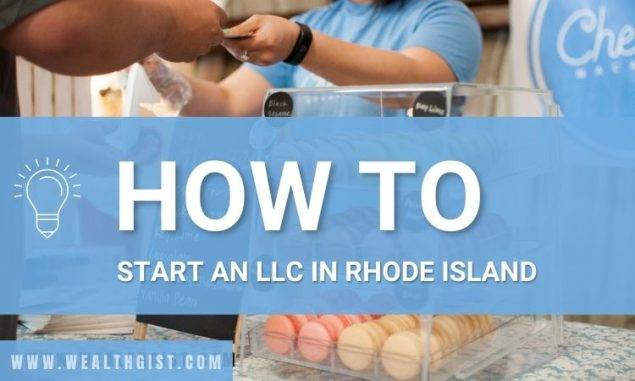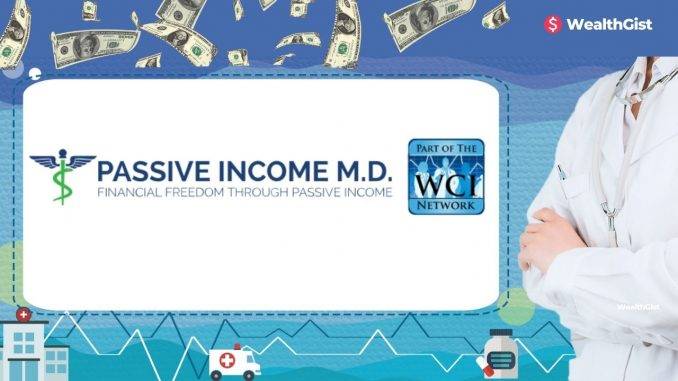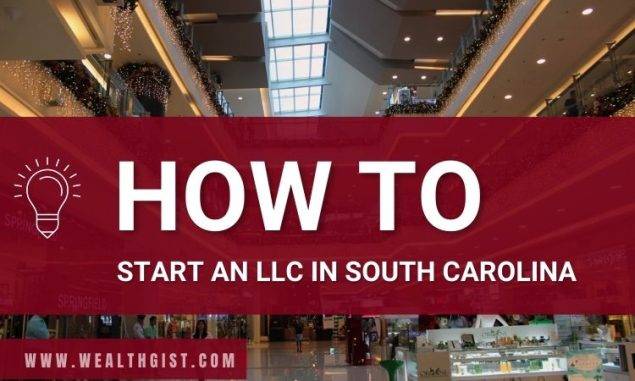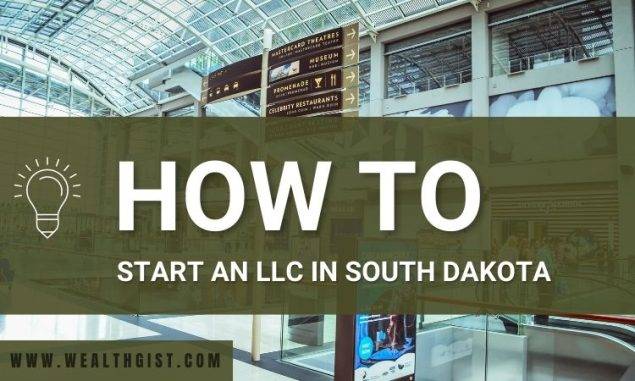A business line of credit can be an invaluable tool to have in your arsenal if you run a small business. It’s like an overdraft account, except it gives you access to more money than your bank account balance, and the interest rate might be lower than your overdraft rates as well.
However, how does a business line of credit work? How do you get one? What are the drawbacks? Here’s everything you need to know about this great small business tool, as well as tips on how to choose between a line of credit and another loan option for your growing company.
What is a Business Line of Credit
A business Line of Credit is a type of credit product offered by banks and other financial institutions. It is designed specifically for small business owners who need access to short-term loans.
Business Line of Credit (BLOC) is an alternative financing option that allows small businesses to borrow money at competitive rates without having to pay interest on the loan. This means that businesses can use the funds to grow and expand their operations.
Types of business line of credit?
There are two main types of BLOC: secured and unsecured. Secured BLOC requires collateral (such as real estate) to secure the loan. Unsecured BLOC does not require any collateral.
Who Can Get a Business Line of Credit
In order to qualify for a business line of credit, you must meet certain requirements. You will need to provide proof of income, assets, and liabilities. You will also need to show that you have been operating for at least one year.
Almost any business can qualify for a business line of credit, though each bank has different eligibility requirements. In general, businesses that are up and running and generating sales have an easier time getting approved.
However, even startups with great business plans may be able to get a business line of credit if they have strong collateral or personal guarantees from owners.
Benefits of Using a Business Line of Credit
The benefits and advantages of using a business line of credit are numerous but we shall mention just a few in this report.
- Flexible Payment Terms that do not impose a fixed repayment price.
- It helps to build a good credit history which amounts to a good credit score for a Business.
- A business line of credit is flexible and can be used for a variety of purposes.
- Access to Cash on Demand: even allowing your business to get the cash before needs arise.
- It allows business owners to be able to separate Personal expenses from Business expenses.
How Much Money Can I Borrow and Payment
Where to Get a Business Line of Credit: To start, it’s best to look at how much money you can borrow and at what rates.
Typically, you’ll pay interest in one (or both) of two ways: as a percent per $1,000 and as an annual percentage rate (APR). The most common terms are 6 months and 5 years; however, banks have offerings that run from 30 days to 25 years.
For example, if you borrow $10,000 over six months with a 10% APR, your monthly payment would be about $500. But if you borrowed $10,000 over five years with a 3% APR, your monthly payment would be about $250.
Business Line of Credit vs. Business Credit Card
A business line of credit, which is sometimes referred to as a revolving line of credit, is more similar to an installment loan than it is to an American Express credit card. It functions like any other type of loan. You receive money upfront and then pay it back with interest over time.
The key difference between a business line of credit and other types of loans is that you don’t have to worry about paying off your balance in full each month. Instead, you can use your line of credit whenever you need it without worrying about accruing extra fees or penalties. The downside is that if you don’t pay off your balance every month, your interest payments will quickly add up.
Secured vs. Unsecured Business Line of Credit
When you apply for a business line of credit, your lender will assess whether to give you an unsecured or secured line. An unsecured line is not backed by any collateral and is, therefore, riskier. If your business has bad credit or isn’t yet profitable, it’s likely you’ll be eligible only for an unsecured line, which carries higher interest rates than secured lines.
A secured line is backed by assets such as equipment or inventory that you can use as collateral if you fall behind on payments. Secured lines are available at lower interest rates than unsecured ones because they carry less risk for lenders.
Related Post
- What is a Debt Consolidation Loan and How Does it Work?
- 7 Eligibility for Employee Retention Credit: How to file ERC
- What is Debt Consolidation and How Does it Work?
- New Zealand Debt Management (5 Best Wayouts)
- Cosigning A Loan: Everything You Need To Know
- How to deal with debt Collectors when you can’t pay (5 ways)
- 5 Best Credit Card With Cashback Rewards and No Annual Fee
- What is a Credit Score (Everything you need to know)
- How to Pay Off Debt and Save Money – 10 Ways to Clear Debt
- 5 Critical Factors Influencing Online Lending Decision Making
- The Credit App Review – Best to Collect Non-payments?
- Curadebt Review: The Best of 2024?
- Credit Repair Cloud Review – Is it worth it?
- The Credit Pros Review (2024) – Is it Legit?
- Sky Blue Credit Repair Review | Best in 2024 ?
- How to Know if You Need to Contact a Tax Prep Expert
Conclusion
If you are looking for a flexible loan solution that allows you to borrow up to 90% of your eligible inventory value, then BLOC might be right for you. You will not have to pay any interest during the first 12 months of the loan. After that, you will start paying interest at a rate of 1.5%. This means that you will only pay 0.75% per month.
I’m an experienced media executive and Entrepreneur. A complex problem solver and deep thinker capable of leading teams to meet targeted goals. I’m passionate about Digital Marketing | Blogging | SEO and Content Optimization. A tech-savvy With over 10years of experience in the industry, helping other Startups and business fulfil their goals is my commitment. My passion is assisting individuals in finding their talent, and my job is to assist organizations in realizing their full potential.










Comments are closed.